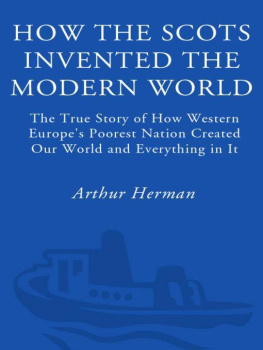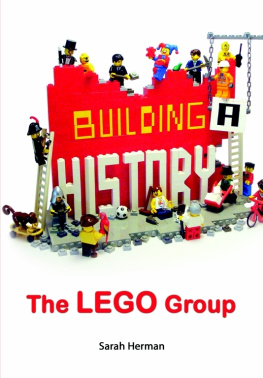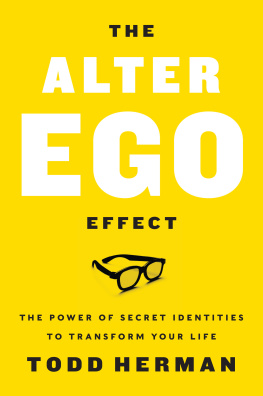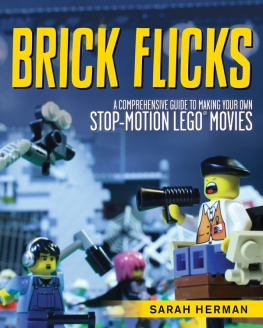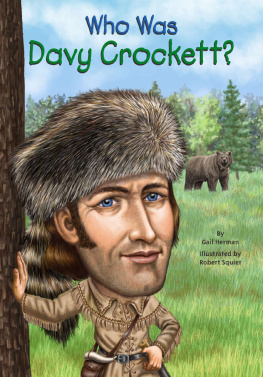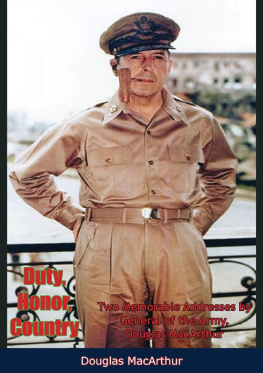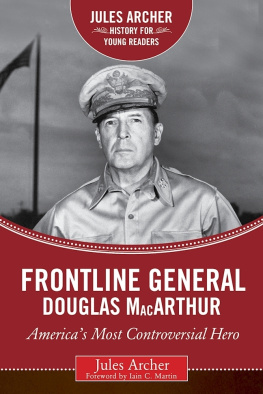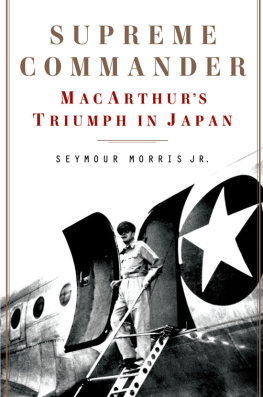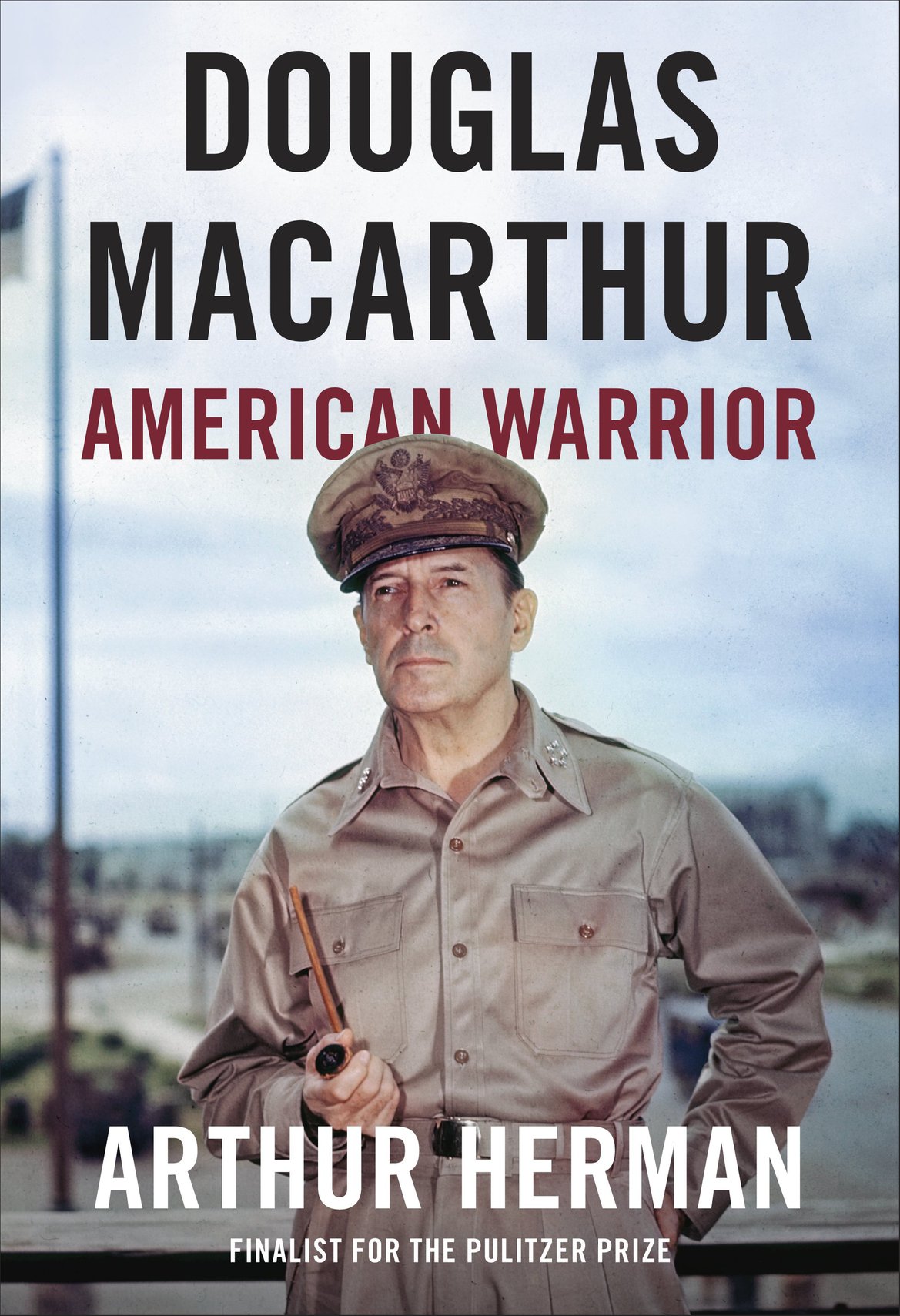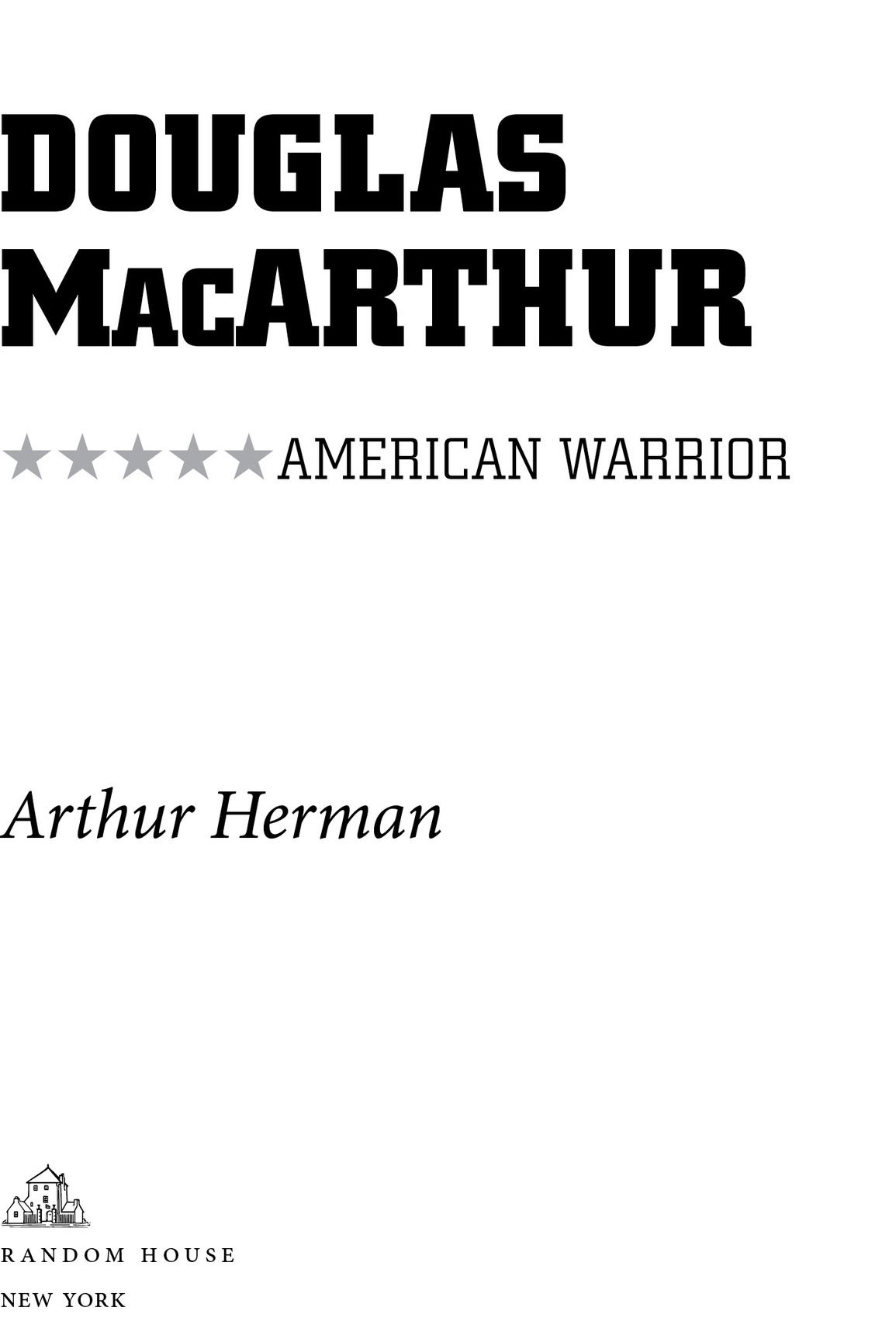All rights reserved.
Published in the United States by Random House, an imprint and division of Penguin Random House LLC, New York.
R ANDOM H OUSE and the H OUSE colophon are registered trademarks of Penguin Random House LLC.
Grateful acknowledgment is made to the General Douglas MacArthur Foundation for permission to reprint excerpts from Reminiscences by General Douglas MacArthur (New York: McGraw-Hill, 1964), copyright 1964 by the General Douglas MacArthur Foundation, and various archival materials housed at the General Douglas MacArthur Foundation including letters, poetry, and speeches. Used with the permission of the General Douglas MacArthur Foundation, MacArthur Square, Norfolk, Virginia 23510.
Names: Herman, Arthur, author.
Title: Douglas MacArthur : American warrior / Arthur Herman.
Description: New York : Random House, 2016. | Includes bibliographical references and index.
Subjects: LCSH: MacArthur, Douglas, 18801964. | GeneralsUnited StatesBiography. | United StatesHistory, Military20th century. | United States. ArmyBiography.
Classification: LCC E745.M3 H47 2016 | DDC 355.0092dc23 LC record available at http://lccn.loc.gov/2015039817
PREFACE
Y ou can see him in your minds eye. The khaki uniform and pressed pants, the gold-braided cap, the sunglasses, the corncob pipe firmly in his teeth and the ramrod-straight back.
In the minds eye we see him wading ashore in the Philippines, sitting in a jeep in Korea, or accepting the surrender of the empire of Japan on board the USS Missouri. As the years passed, Americans grew to see him as a pillar of strengthor a tower of vanity. A man ready to be the savior of his countryor a man the country needed to be saved from.
He was Douglas MacArthur, arguably the last American public figure to be worshiped unreservedly as a national heroand arguably the last to bring the romantic stirrings of a Custer or a Robert E. Lee to the American military tradition. Yet he also foresaw the greatest geopolitical shift for his nations future since its founding, away from Europe and toward Asia and the Pacific Rim.
Its not difficult to find polarizing figures in American history, but none is more intriguing, or more significant, than Douglas MacArthur. Was he prophet or anachronism? Romantic hero or vain mountebank? Its what biographers and historians have debated back and forth in the half century since his death.
There are more than twenty-five separate biographies of Douglas MacArthur and many more books on his military campaigns, from World War One and the Philippines to Korea. Most, however, fall into two categories. There are the unrelenting critics like Richard Rovere and Arthur Schlesinger, Jr., The General and the President (New York, 1951), Gavin Long, MacArthur as Military Commander (London, 1969), Carol Petillo, Douglas MacArthur: The Philippine Years (Bloomington, IN, 1981), Michael Schaller, Douglas MacArthur: The Far Eastern General (Oxford, 1989), and, most recently, Russell Buhite, Douglas MacArthur: Statecraft and Stagecraft in Americas East Asian Policy (Lanham, MD, 2008). Then theres the category of unashamed adulation, as in Frazier Hunt, The Untold Story of Douglas MacArthur (New York, 1964), Charles Willoughby and John Chamberlain, MacArthur: 19411951 (New York, 1954), Courtney Whitney, MacArthur: His Rendezvous with History (New York, 1955), and MacArthurs own Reminiscences (New York, 1964).
As for the rest, the most scholarly biography, D. Clayton Jamess The Years of MacArthur, 3 volumes (New York, 19701985), is balanced but exhausting to read, and has become increasingly out of date. The only single-volume biographies for general readers, William Manchesters American Caesar: Douglas MacArthur 18801964 (Boston, 1978) and Geoffrey Perret, Old Soldiers Never Die: The Life of Douglas MacArthur (New York, 1996), both suffer from unevenly critical perspectives on their subject, and never fulfill the promise of their themes or their authors.
In short, it is time for a biography of MacArthur that gives this larger-than-life figure his full due by peeling back the layers of myth, both pro and con, and revealing the marrow of the man, and his career. By using available archive sources, including the huge collection of materials from the MacArthur Library in Norfolk, Virginia, as well as newly declassified materials from the National Archives and U.S. Center of Military History; and the scholarship of leading Japanese as well as Australian and Korean scholars, it is now possible to set one of the legends of American historyin many ways, an American Churchillfirmly in his time and place and profession. This volume will show how much of the man remained hidden from the public image, and how and why the emergence of Douglas MacArthur as an American hero was actually a process of conscious self-creation.
This is also the first biography to make use of new Soviet and Chinese archive sources, which shed considerable new light on the events leading up to the outbreak of the war in Korea, particularly the real facts behind Chinas intervention in the conflict. In addition, it is the first to make full use of the complete 1998 oral interview with Jean MacArthurthe interview she swore she would never givewhich is now safely ensconced in the archives of the MacArthur Memorial.
What readers will discover in these pages is that far from being a remote figure from the historical past, MacArthur was an individual whose life and career is very much one for our time. For example, more than any other American in the twentieth century, MacArthur understood the importance of Asia for his countrys future destiny. As readers will learn, he was a farsighted prophet who predicted the rise of the Pacific Rim after World War Two, and who remains a figure as significant in the history of Asia as in American historypossibly even more so.
It was crystal clear to me, MacArthur once wrote, that the future and, indeed, the very existence of America, were irrevocably intertwined with Asia.
He lived that conviction all his life. It motivated many of his key decisions, including in World War Two and Korea, and his impatience with American politicians who still saw Europe as the necessary focus of strategy and foreign policy was legendary.
By any measure, the man who warned John F. Kennedy not to get involved in Vietnam and who said Anyone who starts a land war in Asia ought to have his head examined deserves a fresh new look.
Indeed, from Vietnam and Nixons 1972 opening to China, to the current crisis in Europenot to mention the emergence of postwar Japan and the little dragons including Taiwan, Singapore, and South Korea, and the rise of mainland China as the next great superpowerMacArthurs life and career may be more relevant than ever for understanding our world today.


